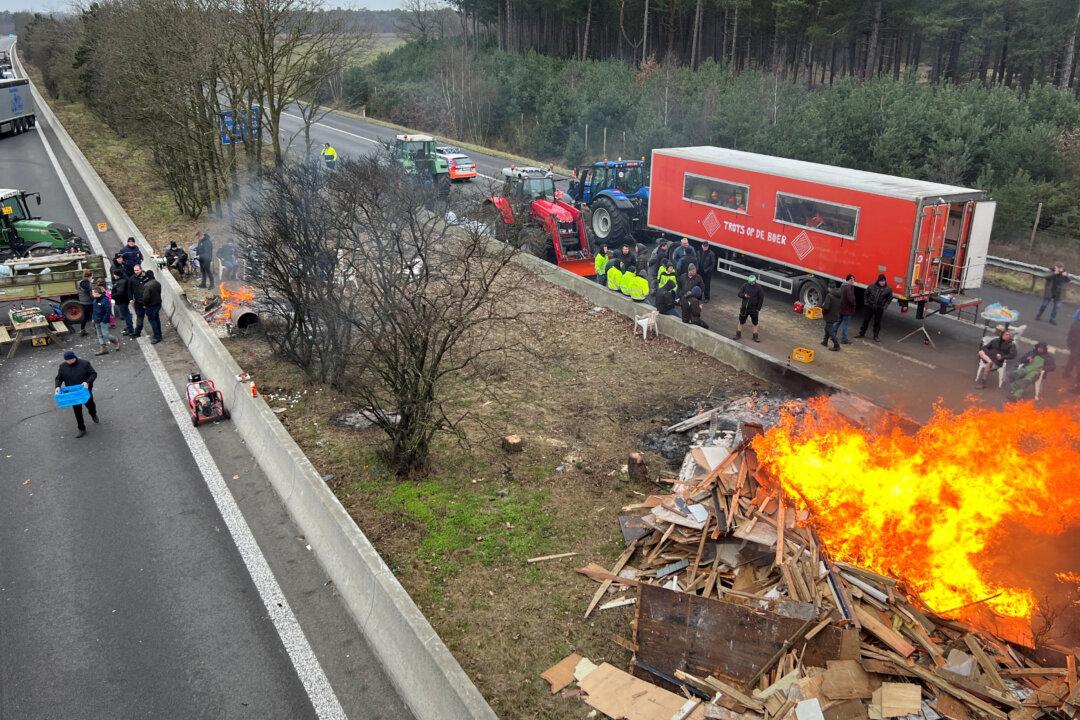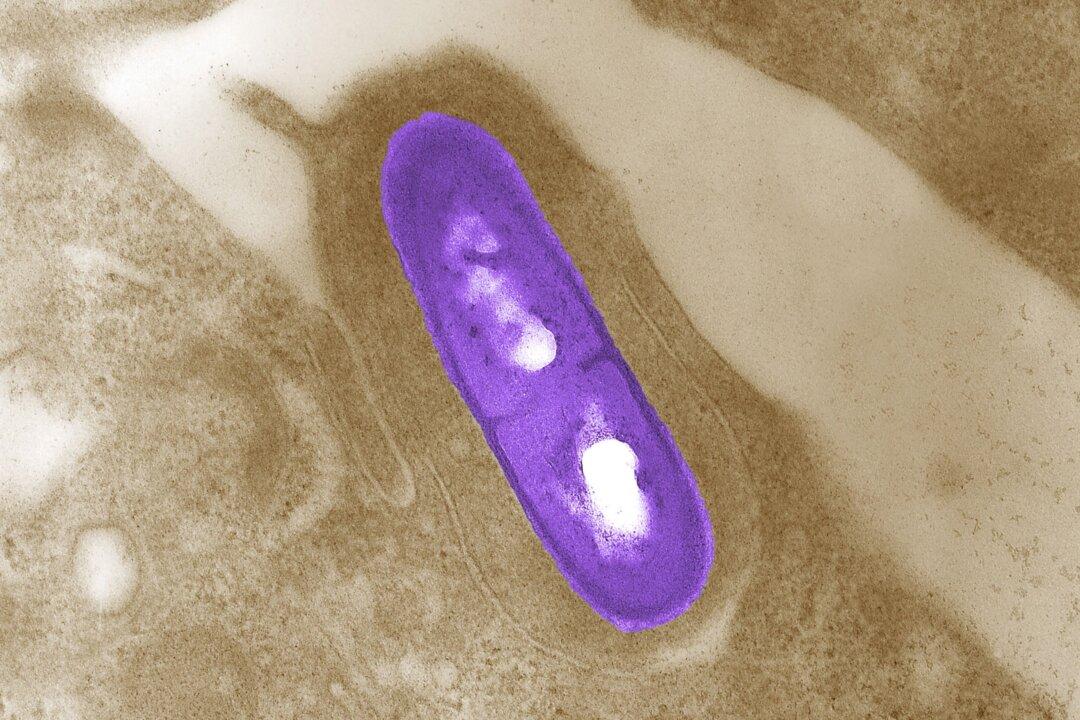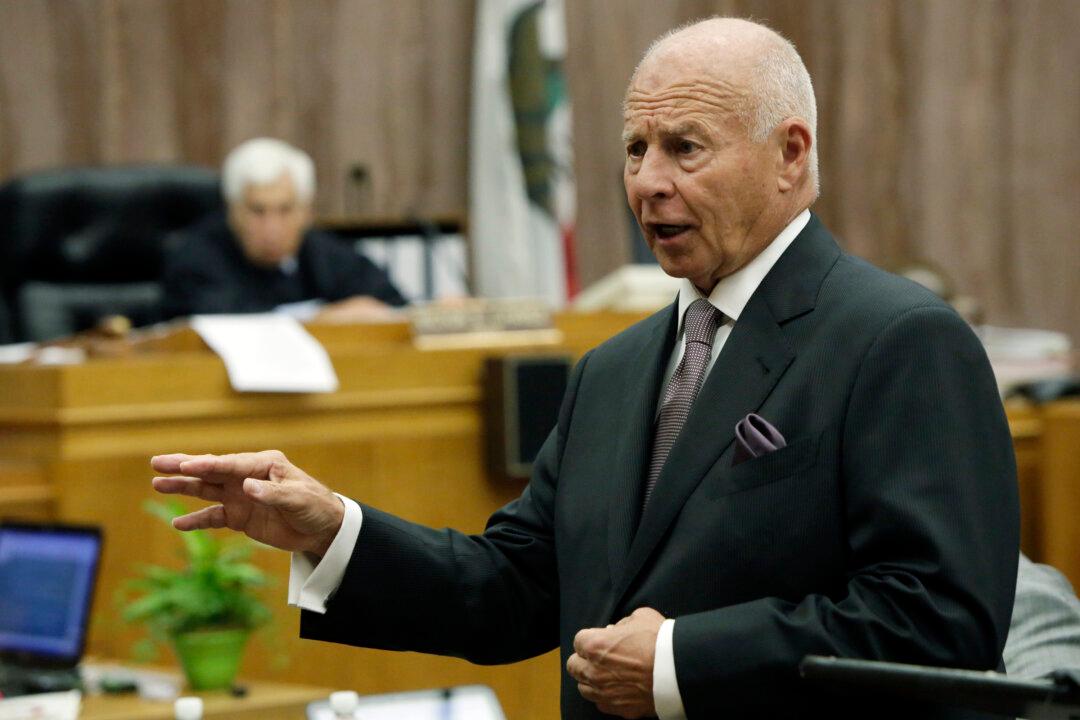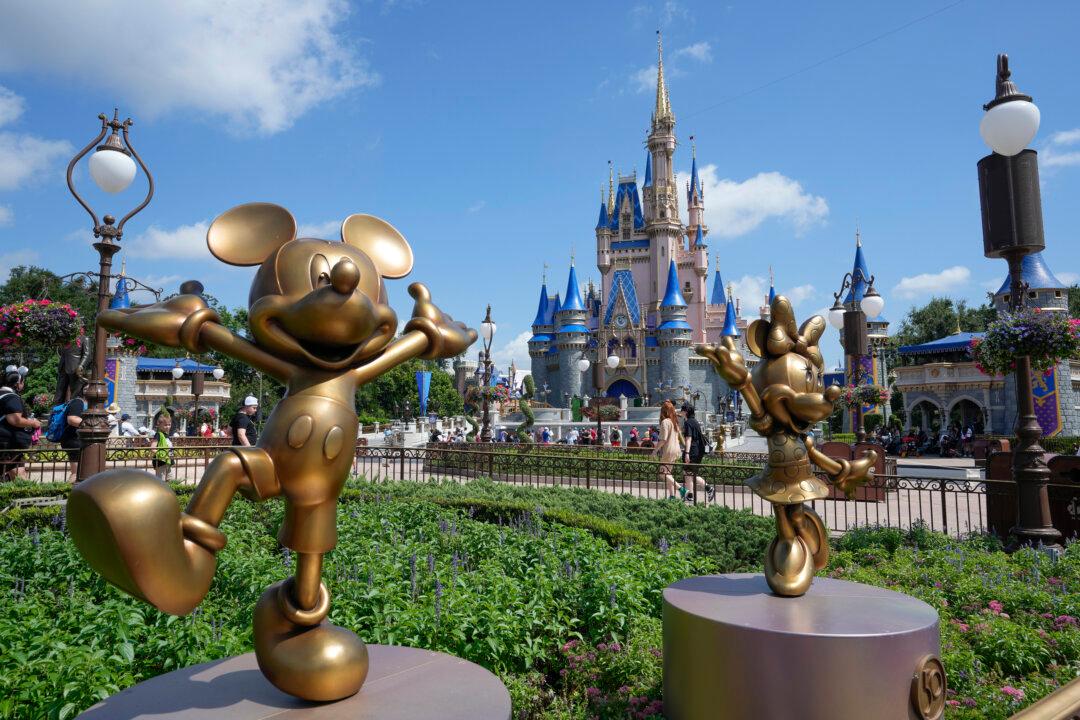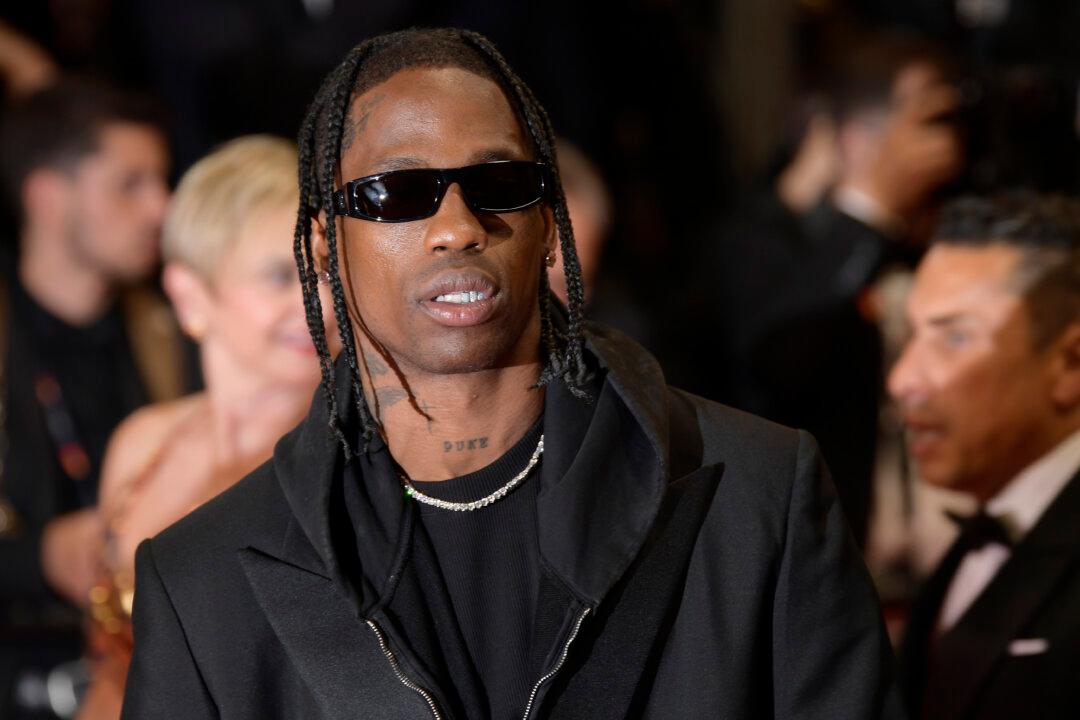Farmers blocked the Dutch–Belgian border and occupied roads in Greece on Feb. 2, while a Polish union announced plans to shut border crossings with Ukraine as European protests over prices and red tape spread.
At one roadblock, Dutch pig farmer Johan Van Enckevort, 25, warned European Union and Dutch politicians holding cabinet formation talks against ignoring farmers’ needs.
